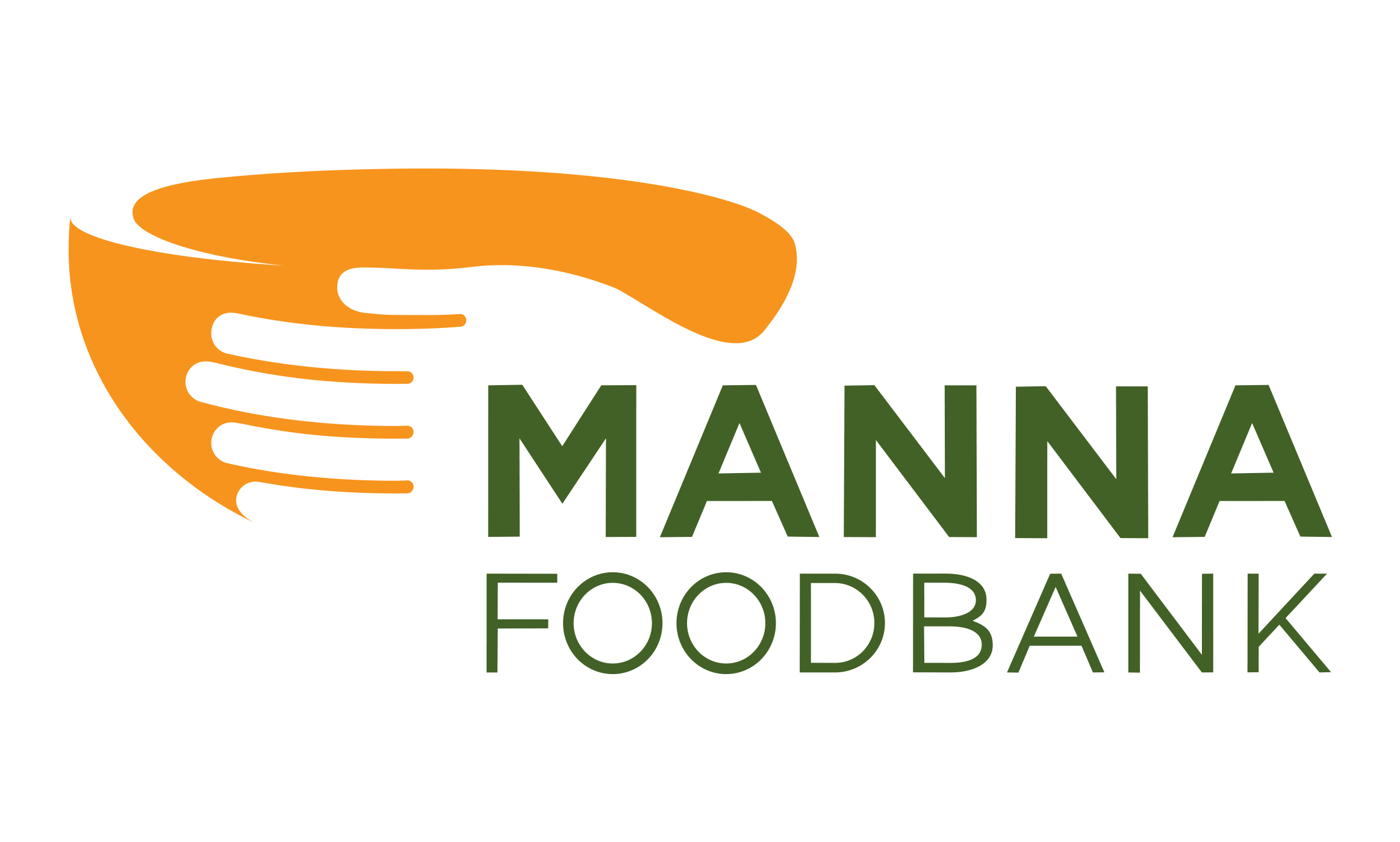 An estimated 108,000 people in our region are food insecure. Each one of these people has a story.
An estimated 108,000 people in our region are food insecure. Each one of these people has a story.
The contributions of our donors and volunteers allow us to provide enough food for 29,000 meals every day. Every dollar given, every pound donated and every hour worked combine to make a real difference in the lives of people struggling with hunger in our region.
Looking for the Window to a Better Life
“I cried when I went to apply for Food Stamps,” Cathy says. “That’s how hard it was for me. You can be going through life, feeling so secure, and then everything can change.”
Cathy moved to Asheville with her family in 2008 when she secured a well-paying job at Mission Hospital that also offered good benefits. “They paid my moving expenses, too,” she says. Her husband worked construction and didn’t find anything right away, so they both agreed that he would stay home with their young son.
Soon after the move, Cathy discovered she was pregnant, and because she hadn’t built up any time off, she had to take 6 weeks unpaid leave when the baby came, son #2. “I was happy when I was able to go back to work,” she says. “I loved my job. I worked 3rd shift, which was sometimes hard on the sleep schedule, but it didn’t even feel like work because I enjoyed it so much.”
She worked at the hospital for nearly six years, but things changed when a new director took over her department at the hospital. The department restructured, and Cathy was let go. Her job was specialized, and finding a similar position for which she would be qualified proved very difficult. “I never had a problem getting a job in my life. I’m a people person, so connecting with others is second nature to me.”
Cathy finally had to accept a position at local retailer making about half of her former salary. “Now my husband and I together make the same hourly wage that I used to make on my own. It’s really hard, especially because you’re used to a certain income, and eliminating expenses and bills is often easier said than done.”
Cathy went to her local DSS office and put in her application for FNS (Food Stamps) and WIC. “It was the hardest thing I’d ever done,” she says. “The woman I talked to was so nice. She reminded me that I had paid into the system, and that I shouldn’t be ashamed to get help when my family needed it.”*
A friend told Cathy about a local church that offered services like financial counseling and assistance with utility bills. There was also a food pantry that provided Cathy with fresh produce and nutritious staples such as rice, beans, and peanut butter. “That was a big help. My kids eat like horses! Whenever we get food, I have to remind them that this needs to last. We can’t eat it all the first few days. Sometimes we run out and have chicken noodle soup for a few nights. When my kids complain, I remind them, ‘There are people who have nothing to eat at all. Be grateful for what you have.’”
Cathy continues to work full-time and look for jobs in her field. Her husband works in construction, but because he isn’t from the area it’s been a challenge for him to find steady work. In the meantime, the WIC and FNS benefits that helped her family stretch their food dollars have been cut nearly in half. “It’s hard,” she says. “It feels like once you’re down, you can’t get back up the ladder no matter how hard you try.”
The benefits of WIC and FNS along with the food from the pantry are a help, but the family still struggles to get by. “The other day I was in the checkout line, and I didn’t have enough money or food stamps to pay for my groceries; I was $30 short. The woman behind me in line paid for the difference. She didn’t have to do that, but she did. I know it feels good to give to people who need a hand. Last week I took some bags of clothes to the church, hand-me-downs that I got from a friend for my boys that are too small now. Those clothes can help someone who is maybe struggling like me. I want to give back in the ways that I can. I don’t like being the person who needs help.”
She remains hopeful that things will turn around for her family. “I’m not giving up,” she said. “This experience has changed my outlook, and I know it’s making me stronger. One day I’m going to look back at the things that are stressing me out now and see it all in a different way.” In the meantime, Cathy vows to stay positive. “Everyone keeps telling me that when a door closes a window opens,” she says, smiling. “I keep saying, ‘Where is it? I’m looking around but I don’t see it. I’m looking everywhere for that window.’”
*MANNA’s Food Help Line and FNS Outreach help eligible families put food on the table. In 2013, almost 1,000 households were able to obtain FNS benefits through MANNA’s outreach efforts.
